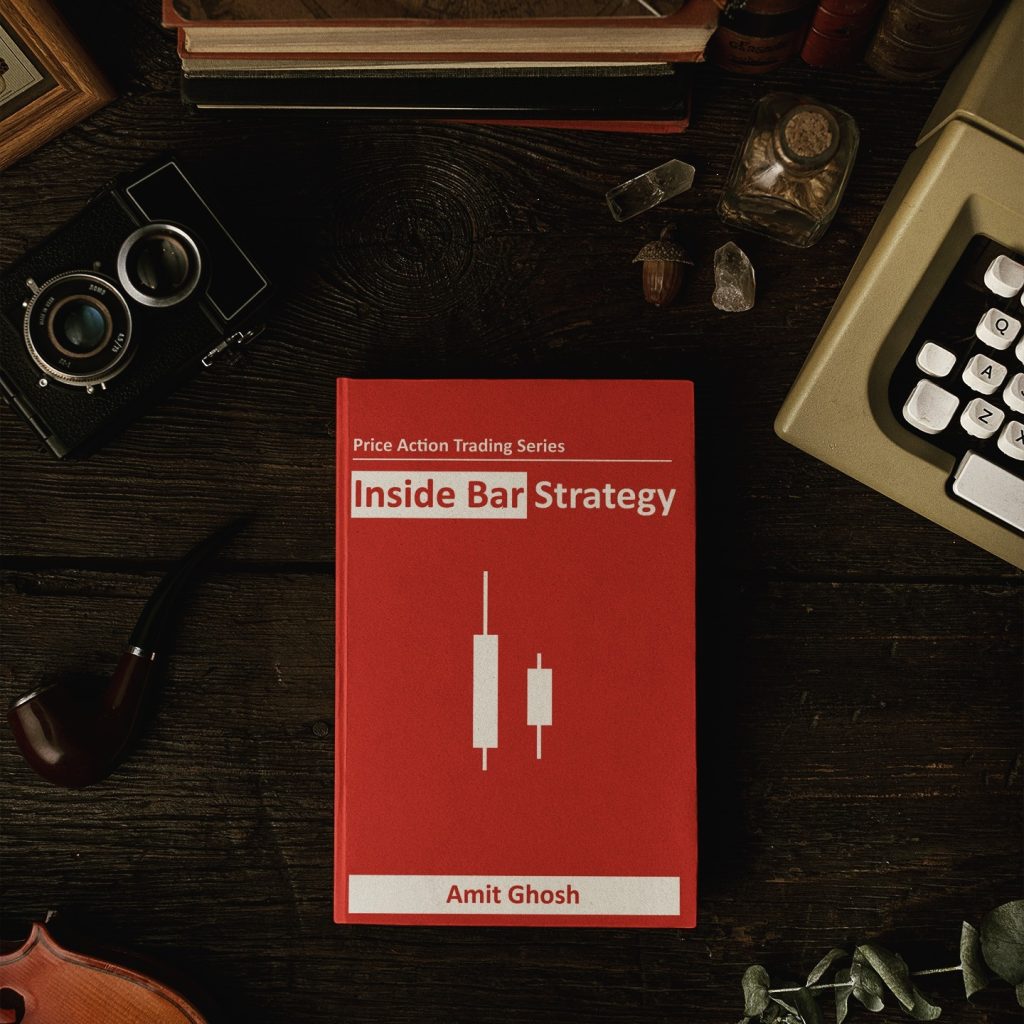The Buddha Trading Strategy
Now, Note that – “Triple Inside Bar” and “3% Gap Down or 3% Gap Up” watchlist is not being used in the core strategy but they are used in alternative trading models. So, Once a stock pops up in the watchlist of “Double Inside Bar”, “NR7+Inside Bar” and “Index Inside Bar”, We follow this follow the rules of famous Inside Bar strategy –
- Long if it breaks the high of the previous day with a stop loss at the previous day’s low.
- Short if it breaks the low of the previous day with a stop loss at the previous day’s high.
In case of gap up above the previous day’s high or gap down below the previous day’s low, please avoid buying it or selling it respectively. It means –
- If there’s a gap up above the previous day’s high (the sell point), it implies that the sell trade has already been triggered, so we avoid this scenario.
- Likewise, in the case of a gap down, we steer clear of situations where there’s a gap down below the previous day’s low (the buy point).
This strategy, commonly referred to as the “Inside Bar strategy,” is remarkably straightforward, often paired with other strategies, and extensively covered within the Inside Bar course.
However, it may seem almost unbelievably simple. While it proves effective for Inside Bar and Double Inside Bar scenarios, it tends to yield unfavorable results for the “Triple Inside Bar.”
Also, the strategy does not demonstrate impressive performance when implemented on Narrow Range Bars.
This is why, in the Buddha strategy, we focus on a watchlist comprising stocks that exhibit both “Narrow Range 7 Bars” and single “Inside Bar.” We call it NR7 Inside Bar.

Alternative Trading Models
Although in Buddha’s core strategy, We employ only Price Action models but the selection of stocks from these patterns can be incorporated into the various trading models to automate different variations of the strategy.
Even after entering a trade, further technical analysis is performed on shorter timeframes to fine-tune trading decisions.
Like, In the original strategy, In case of gap up above the previous day’s high or gap down below the previous day’s low, please avoid buying it or selling it respectively.
But, We can also instead, monitor the price action within the first 5 minutes and implement the Opening Range Breakout (ORB) strategy .
Also. We often use Open Interest data to decide additional weightage of a buy or sell trade.
Any model that focuses on breakout or breakdown mechanism, The watchlist of Buddha will be a gamechanger for it.
Anyways, Apart from Open Interest Theory, You can also explore advanced models like Maxpain Deviation Model that works very well with the Buddha Watchlist .

